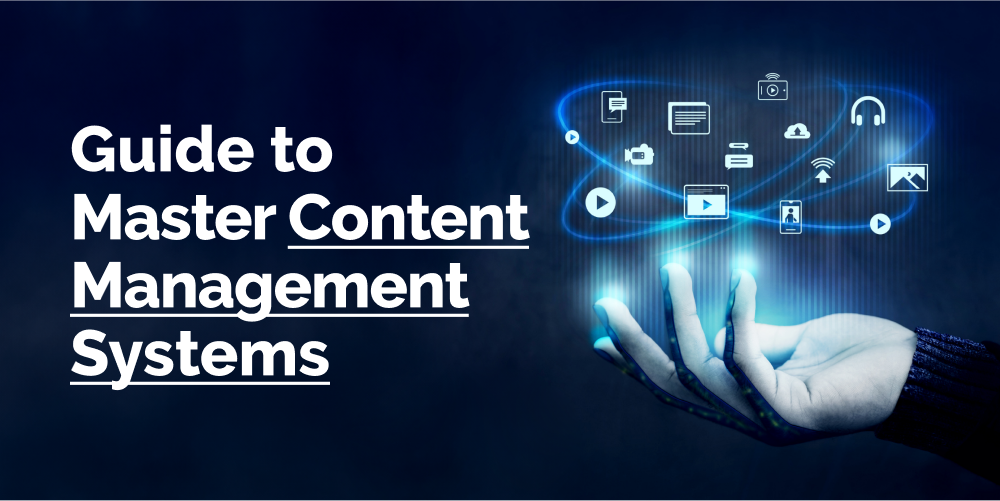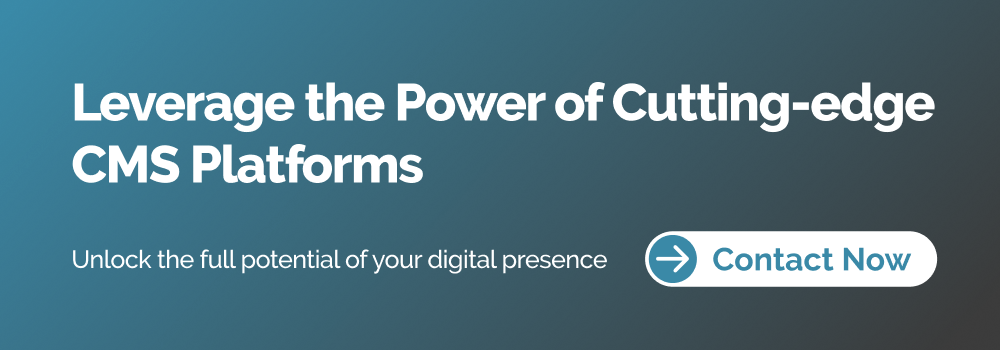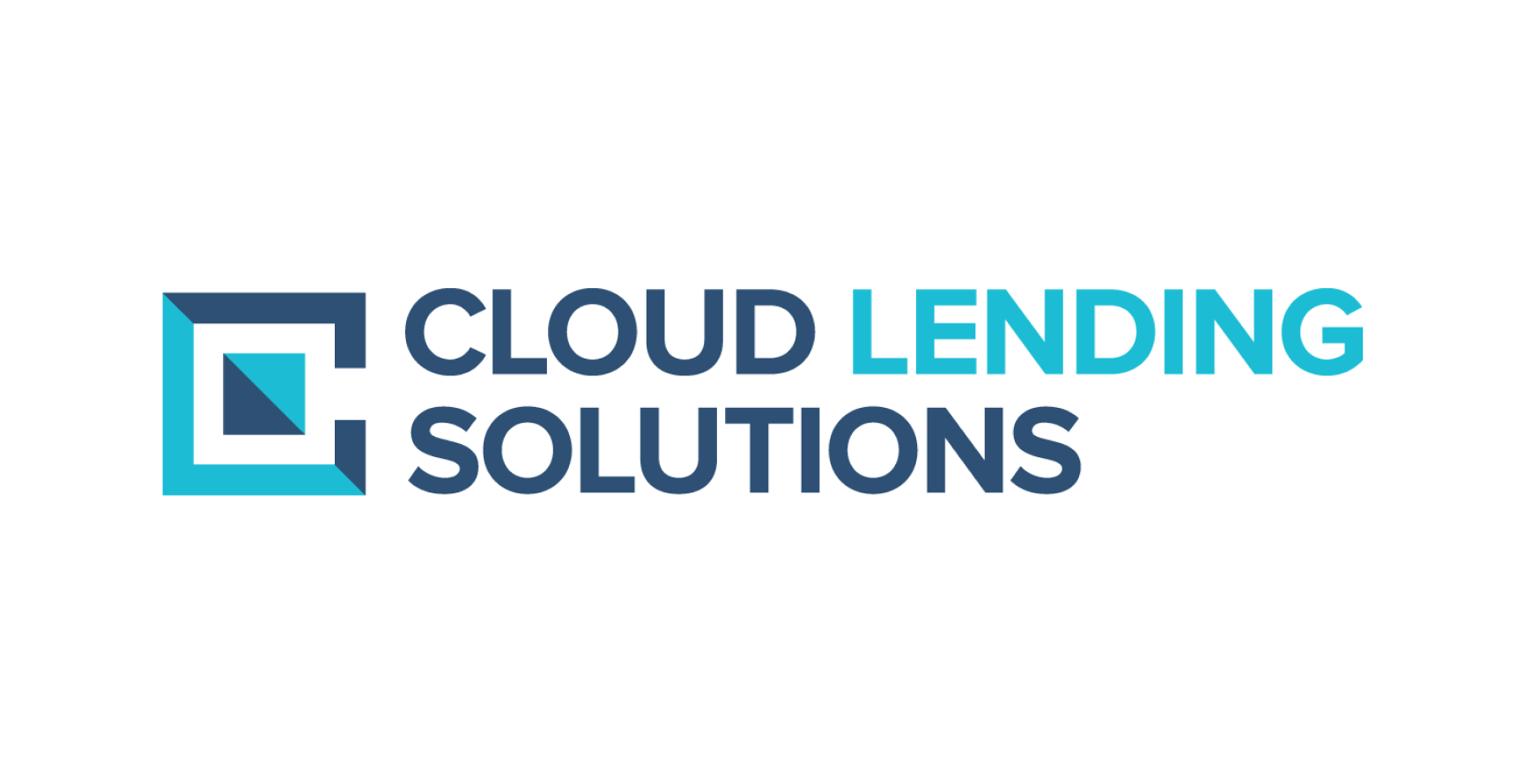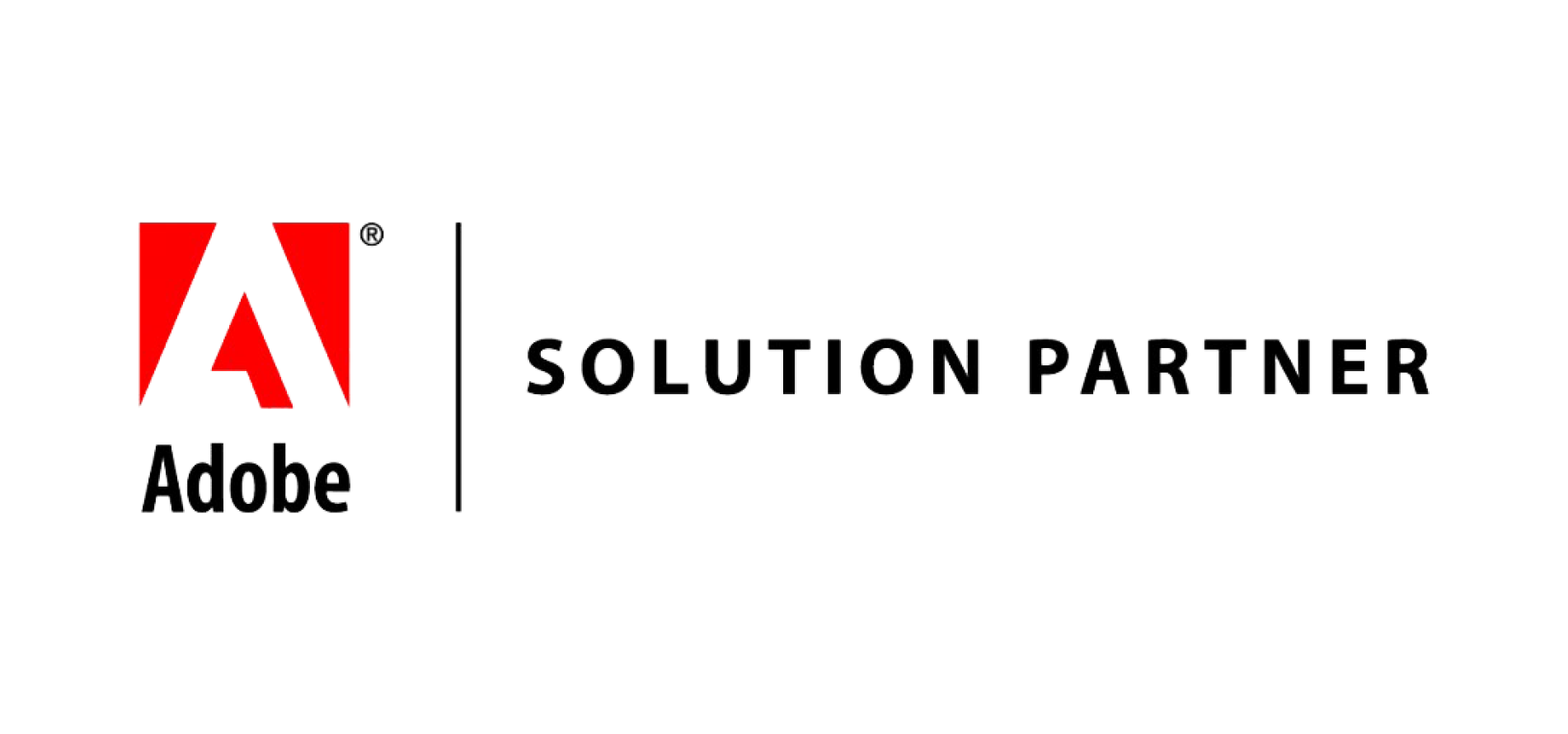Content management Systems, zBlog
Mastering Content Management Systems (CMS): A Definitive Guide
atif | Updated: March 28, 2024

Introduction to Content Management Systems
In the ever-evolving digital era, the ability to create, manage, and distribute content efficiently has become a critical component of success for businesses and individuals alike. Content Management Systems (CMS) have emerged as the backbone of modern website development, revolutionizing the way we approach content creation, publication, and maintenance. These powerful platforms streamline the process of building and updating websites, empowering users with varying technical expertise to establish a professional online presence with ease. The statistics highlight the dominance of CMS platforms, with around 43.6% of websites globally leveraging a CMS, a significant increase from just 25% in 2015.
Understanding the Importance of Choosing the Right CMS
Selecting the optimal Content Management System is a pivotal decision that can significantly impact the success of any digital endeavor. A well-suited CMS can enhance productivity, improve website performance, facilitate seamless content management, and ultimately drive better business outcomes. Conversely, an ill-fitting CMS may lead to inefficiencies, security vulnerabilities, limited customization options, and hindered scalability, hampering the growth and success of a website.
Evaluating Key Features of an Ideal CMS

To ensure a seamless and rewarding experience with a Content Management System, it is essential to evaluate its features against your specific requirements. Here are some crucial factors to consider when assessing the suitability of a CMS:
- 1. User-Friendly Interface
A user-friendly interface is paramount for enabling users of all skill levels to navigate the CMS effortlessly. From content creation and editing to customization, analytics tracking, and site management, an intuitive interface can significantly enhance productivity and reduce the learning curve associated with adopting a new platform. A well-designed interface should prioritize simplicity, clarity, and accessibility, ensuring a seamless experience for both novice and experienced users alike. - 2. Customization Options
No two websites are identical, and the ability to tailor the CMS to suit specific business needs and branding requirements is essential. Robust customization features, including a vast array of themes, templates, and plugins, empower users to create unique and engaging websites that resonate with their target audience. Whether it’s tweaking the layout, incorporating custom functionalities, or integrating third-party services, a flexible and extensible CMS ensures that your website stands out from the crowd and aligns with your brand identity. - 3. Scalability and Performance
As a website grows in popularity and traffic, its performance and scalability become critical factors in delivering an exceptional user experience. A scalable CMS can accommodate growth and handle increased website traffic without compromising performance or requiring extensive infrastructure upgrades. Efficient resource management, caching mechanisms, and optimization tools contribute to enhanced scalability and faster loading times, ensuring that your website remains responsive and capable of handling surges in demand. - 4. Security Measures
In the digital age, protecting sensitive data and preventing cyber threats are paramount concerns for website owners. A reliable CMS should prioritize security, offering robust features and mechanisms to safeguard your online presence. Regular security updates, SSL integration, user authentication mechanisms, and granular access controls are essential components of a secure CMS, providing peace of mind and protecting your website from potential vulnerabilities. - 5. SEO-Friendly Functionality
Search Engine Optimization (SEO) plays a pivotal role in driving organic traffic to websites and increasing online visibility. An SEO-friendly CMS facilitates optimization efforts through features such as customizable URLs, metadata management, sitemap generation, and mobile responsiveness. By incorporating SEO best practices into the core functionality of the CMS, users can enhance their websites’ search engine rankings, attracting more relevant traffic and potentially boosting conversions.
Top CMS Platforms in the Market

While the CMS landscape is vast and diverse, a few platforms have emerged as industry leaders, offering robust solutions tailored to various use cases. Here’s an overview of some of the top CMS platforms in the market:
- 1. WordPress
Undoubtedly the most popular and widely adopted CMS platform globally, WordPress has revolutionized the way individuals and businesses approach website creation and content management. With its user-friendly interface, extensive customization options, and a vast ecosystem of themes, plugins, and community support, WordPress has become the go-to choice for bloggers, small businesses, e-commerce websites, and even large enterprises. WordPress dominates the market with a staggering 41.28% market share, powering over 30.46 million live websites.
One of the key strengths of WordPress lies in its flexibility and scalability. Whether you’re building a simple personal blog or a complex, feature-rich website, WordPress can accommodate your needs with its wide range of plugins and integrations. The platform’s open-source nature and active developer community ensure continuous innovation and support, making it a future-proof choice for long-term website management. - 2. Joomla
Joomla is renowned for its robustness and flexibility, catering to the needs of developers, advanced users, and organizations with complex content management requirements. With features like multilingual support, granular access control levels, and built-in SEO tools, Joomla offers a powerful solution for creating dynamic websites and web applications.
One of the standout features of Joomla is its modular architecture, which allows for easy extension and customization through a vast library of extensions and templates. This modularity ensures scalability and adaptability, enabling users to tailor the platform to their specific needs without compromising performance or security. - 3. Drupal
Designed with versatility and scalability in mind, Drupal is a popular choice among enterprises, organizations, and developers seeking a robust platform for building and managing complex digital experiences. Its modular architecture, advanced security features, and developer-friendly environment make Drupal a preferred choice for mission-critical websites, intranets, and web applications.
Drupal’s strength lies in its ability to handle large volumes of content and traffic while maintaining high performance and security standards. The platform’s robust caching mechanisms, advanced content management capabilities, and extensive developer tools allow for the creation of highly customized and engaging digital experiences tailored to specific business requirements.
Factors to Consider When Choosing a CMS

With a plethora of CMS options available, selecting the right platform can be a daunting task. To aid in this decision-making process, it’s crucial to consider the following factors:
- 1. Purpose and Requirements: Clearly define the purpose and requirements of your website or digital project. Are you building a personal blog, an e-commerce store, a corporate website, or a complex web application? Understanding your specific needs will help you identify the CMS that best aligns with your goals.
- 2. Budget and Cost: While many CMS platforms offer free or open-source options, some may require premium plans or additional fees for advanced features, plugins, or customizations. Evaluate your budget and consider the long-term costs associated with hosting, maintenance, and potential future upgrades.
- 3. Technical Expertise: Assess the technical expertise of your team or available resources. Some CMS platforms are more user-friendly and suitable for non-technical users, while others may require advanced coding skills or developer support.
- 4. Community and Support: A robust community and reliable support resources can be invaluable when encountering issues or seeking guidance. Evaluate the size and activity of the CMS community, availability of documentation, forums, and professional support options.
- 5. Extensibility and Integration: Consider the extensibility of the CMS and its ability to integrate with third-party services, APIs, and tools. This will ensure that your website can adapt to changing business needs and seamlessly integrate with existing systems or platforms.
- 6. Scalability and Performance: Anticipate the potential growth of your website and choose a CMS that can scale efficiently without compromising performance. Consider factors such as caching mechanisms, load balancing, and optimization tools.
- 7. Security and Compliance: Evaluate the security measures and compliance features offered by the CMS, particularly if you’re handling sensitive data or operating in regulated industries. Regular security updates, user authentication, and data encryption should be prioritized.
- 8. Mobile Responsiveness: With the increasing prevalence of mobile devices, ensuring your website is optimized for mobile browsing is crucial. Assess the CMS’s mobile responsiveness capabilities and its ability to deliver a seamless experience across various devices and screen sizes.
The Evolving CMS Landscape
The CMS ecosystem is constantly evolving to meet the changing needs of businesses and users. Some notable trends shaping the future of CMS include:
- 1. Headless CMS on the Rise: Headless CMS solutions, which decouple the front-end presentation from the back-end content management, are gaining traction due to their flexibility and ability to deliver content across multiple channels and devices.
- 2. Focus on Personalization: Modern CMS platforms are increasingly offering features for content personalization, enabling tailored experiences for website visitors based on their preferences, behavior, and demographics.
- 3. Security a Top Priority: As cyber threats become more sophisticated, robust security features are becoming a crucial aspect of CMS platforms. Regular security updates, vulnerability scanning, and strong password policies are essential for maintaining a secure online presence.
- 4. API Integration Importance: Seamless integration with various APIs (Application Programming Interfaces) is essential for connecting CMS with other business-critical applications, enabling data exchange and enhancing functionality.
- 5. AI-Powered Features: The integration of Artificial Intelligence (AI) is empowering CMS platforms to offer advanced features like automated content creation, smart content recommendations, and intelligent content optimization.
- 6. Omnichannel Experiences: CMS solutions are evolving to cater to the growing need for creating consistent brand experiences across multiple channels, ensuring a cohesive and seamless user journey across various touchpoints.
- 7. Granular Personalization: Expect to see CMS platforms offering even more granular personalization capabilities, allowing for highly customized experiences tailored to individual users based on their preferences, behavior, and contextual data.
CMS and Business Benefits

The adoption of a Content Management System can provide numerous benefits for businesses, including:
- 1. Content Management Efficiency: CMS empowers non-technical users to create, edit, and publish content effortlessly, streamlining content management workflows and reducing the reliance on specialized teams or agencies.
- 2. Improved Collaboration: CMS facilitates collaboration between content creators, editors, and marketing teams, ensuring content consistency, quality, and adherence to brand guidelines.
- 3. Cost-Effective Solution: For many businesses, using a CMS proves to be a more cost-effective solution compared to custom web development, as it eliminates the need for extensive coding and maintenance efforts.
- 4. SEO Advantages: Many CMS platforms offer built-in SEO (Search Engine Optimization) features, making it easier for websites to rank higher in search engine results and drive organic traffic.
- 5. Mobile-Friendly Content Delivery: Modern CMS platforms ensure websites are responsive and deliver optimal user experiences on various devices, including mobiles, aligning with the growing trend of mobile browsing.
- 6. Streamlined E-commerce Integration: For businesses operating in the e-commerce space, many CMS platforms offer seamless integration with popular e-commerce platforms, simplifying the process of creating and managing online stores.
Trantor: Your Partner in CMS, Website, and E-commerce Development

Trantor is a leading provider of comprehensive digital solutions, offering expertise in Content Management Systems, web app development, and e-commerce platforms. With a team of skilled professionals and a deep understanding of the latest technologies and industry trends, Trantor can help businesses of all sizes navigate the complexities of the digital landscape and achieve their online goals.
Whether you’re looking to build a new website from scratch, migrate to a more powerful CMS platform, or enhance your existing online presence, Trantor’s services cover the entire spectrum of website and e-commerce development. From strategy and design to development, deployment, and ongoing maintenance, Trantor’s experienced professionals work closely with clients to deliver tailored solutions that meet their unique requirements.
Trantor offers customized CMS development services across various platforms, including:
- WordPress: Trantor provides custom WordPress development services, leveraging the platform’s extensive customization options and vast ecosystem of themes and plugins to create tailored solutions for businesses of all sizes.
- Sitecore: As experts in Sitecore, a globally-used digital experience software, Trantor helps enterprises deliver seamless and personalized experiences through this powerful CMS platform.
- Adobe Experience Manager (AEM): Trantor’s AEM services enable businesses to create and manage coherent, personalized content across multiple channels, leveraging AEM’s automated tools and scalability.
- Custom CMS Development: In addition to popular platforms, Trantor offers custom CMS development services, designing and building personalized content management systems tailored to specific business needs and requirements.
Trantor’s Approach
Trantor’s approach to CMS, website, and e-commerce development is centered around delivering exceptional value to clients. Key aspects of their approach include:
- 1. Strategy and Consulting: Trantor provides expert perspectives and consultations on issues related to CMS development, website strategy, and e-commerce optimization, ensuring that solutions align with business goals and objectives.
- 2. Enterprise-Grade Solutions: Trantor’s team understands the unique requirements of enterprise clients and delivers robust, scalable CMS solutions that support business growth and complex content management needs.
- 3. Custom Development: With a focus on personalization, Trantor designs and develops custom CMS solutions tailored to the specific requirements of each client, ensuring a perfect fit for their business operations.
- 4. Seamless Implementation: Trantor’s experienced professionals ensure smooth CMS implementation, simplifying content updates, organizing information, and accelerating processes for efficient content management.
- 5. Ongoing Support and Maintenance: Trantor provides comprehensive support and maintenance services, monitoring, refining, and updating the CMS to ensure optimal performance and security.
Conclusion
In today’s digital landscape, selecting the right Content Management System is paramount for achieving online success. By prioritizing factors such as user-friendliness, customization options, scalability, security, and SEO-friendliness, businesses and individuals can leverage the power of CMS platforms to build engaging websites, drive organic traffic, and foster lasting connections with their audience.
As the digital realm continues to evolve, the role of Content Management Systems will become increasingly crucial in enabling efficient content creation, management, and distribution. By staying informed about the latest CMS trends, features, and best practices, you can position yourself at the forefront of this dynamic industry and unlock new opportunities for growth and innovation.
Remember, the journey to mastering Content Management Systems is an ongoing process that requires continuous learning, adaptation, and a keen understanding of your specific needs and goals. By partnering with Trantor, businesses can benefit from best practices in CMS and website development, and create engaging and seamless online experiences that drive customer satisfaction and business growth. With a commitment to quality, security, and performance, Trantor’s CMS development services ensure that your digital assets are built on a solid foundation, capable of scaling and adapting to the ever-changing digital landscape.




